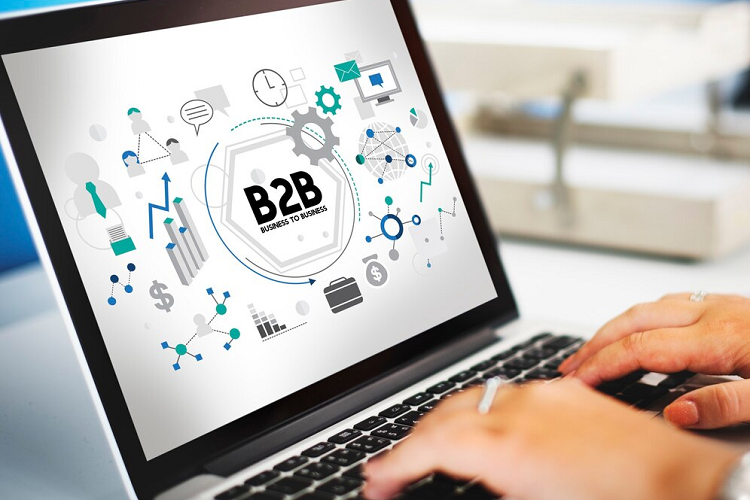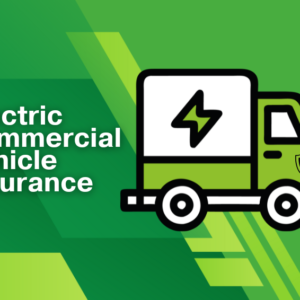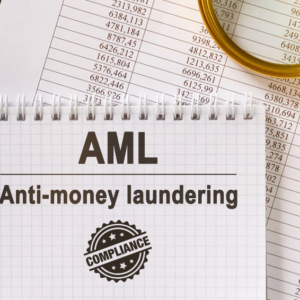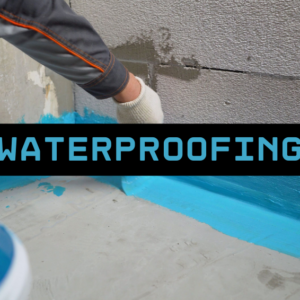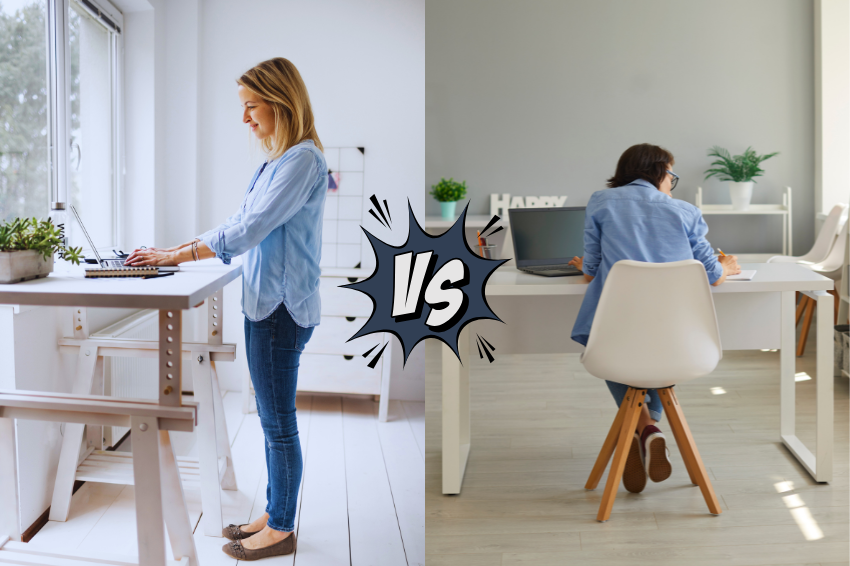Laser engraving machine is a powerful tool that can be used on a wide range of materials, including wood, metal, fabric, leather, and plastic, to create intricate, personalized designs.
If you’re considering purchasing a laser engraving machine for your business, we’ll assume that you’re only considering a top laser engraver in Canada. You can’t take chances with the success of your business or the quality of your work, which means partnering with a leading laser engraver manufacturer in Canada.
With that in mind, here are a few crucial factors to consider when looking for a laser engraving machine for your business.
The Type of Laser
The three main types of lasers used in laser engravers are CO2, crystal and fibre lasers. CO2 lasers are more versatile and can etch a broader range of materials, while fibre lasers are faster and more precise when engraving metal. If your business primarily works with metal, a fibre laser may be the better choice, but if you work with a variety of materials, a CO2 laser may be the better option.
Power and Wattage
The power and wattage of a laser engraving machine determine its engraving capabilities, i.e., the materials it can engrave and the speed it completes its etchings. The higher the wattage, the thicker the material the machine can engrave, allowing you to work with a wider range of materials. However, higher-wattage machines are also more expensive. Your laser engraver must be at least 25 to 80 watts, with 80 watts being the recommended wattage for a professional engraving machine.
Size
The size of the laser engraver’s bed determines the maximum size of the material it can engrave. You’ll need a machine with a larger bed if you engrave larger pieces and materials. However, more extensive beds also require more space in your shop, so it’s essential to consider your available space when choosing an engraving machine.
Accuracy
The engraver’s precision is influenced by a variety of factors. Examples include: square instruments are usually more precise than compass models, a laser engraver becomes more accurate the more spindle power it has, and in general, lead screw drives are more accurate than rack gear drives.
Again, your purchase decision must be based on the intricacy of your designs and the materials you engrave.
Software Compatibility
The software used to operate a laser engraving machine is also a crucial factor to consider. The software should be user-friendly and compatible with the file types you typically work with. It’s also important to consider the software’s capabilities, such as its ability to create 3D designs or work with vector files.
Maintenance and Support
Laser engraving machines require regular maintenance to ensure they continue to function correctly. It’s essential you choose a machine that comes with a warranty and has reliable customer support. When selecting a laser engraver, you must also consider the availability of replacement parts and the maintenance costs.
Budget
Finally, the cost of the laser engraving machine is an essential factor to consider. Prices can range from a few thousand dollars to tens of thousands of dollars depending on the machine’s size, power, and capabilities. Setting a budget and considering the return on investment is vital when choosing the right laser engraver.
Putting It All Together
In conclusion, choosing a laser cutting machine for your business requires careful consideration of the type of laser, power and wattage, bed size, cutting speed, software compatibility, maintenance, support, and budget. By considering these factors, you can select a machine that meets your business’s specific needs and helps you achieve your production goals.

